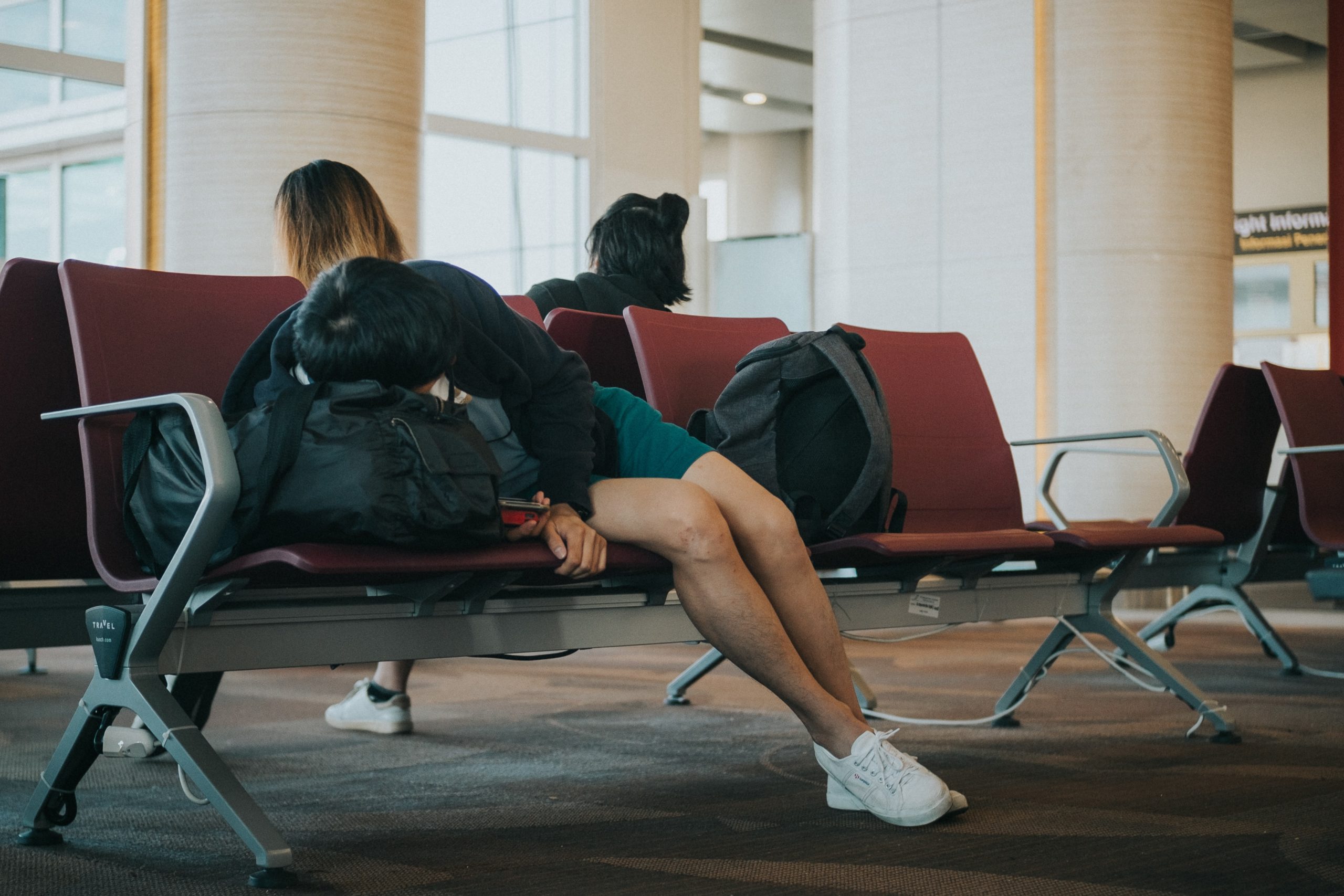Tips from pro cyclists on beating jet lag and getting on the bike
Don’t let exhaustion ruin the first few days of your cycling trip

Escaping the cold Canadian winter to ride bikes in a warm climate is the dream of every cyclist, but if you’re not used to it, flying to a different time zone can take a heavy toll on your body. For pro cyclists, the ability to quickly adapt to a time change is necessary to jump right into training and racing. Read these tips and avoid wasting any riding time on your trip.
Shift your schedule before you leave
For Sunweb rider Leah Kirchmann, following a jet lag protocol makes a big difference when transitioning to a new time zone. “Depending on your direction of travel, this could mean waking up and going to bed earlier or later than normal” she says.
Gradually shifting your sleep schedule during the days leading up to your trip will help you avoid jolting your system with a dramatic time change.
Be well rested the days leading up to your flight
Make sure your sleep hygiene is in check, and your excitement about the upcoming trip isn’t interfering with your ability to get a good night’s rest. If you know you have trouble sleeping on planes, be sure to plan ahead.
“Personally, I don’t sleep very well during long haul travel,” says Kirchmann, “so I always try to make sure I am well rested before leaving on long trips.”
RELATED: 5 easy ways to sleep better at night
Come prepared to sleep
Rally cycling’s Sara Poidevin is lucky to have the ability to sleep during travel. “I’m able to sleep a lot on flights, which was a huge help,” she says.
If you have trouble sleeping, and even if you don’t, it can be handy to bring a few tools at hand to block out disturbances. “I use an eye mask and noise-cancelling headphones on the plane, says Poidevin, “and I try to stay asleep for longer bouts.”
Forget you’re in a different time zone
After you touch down, try your best to not fixate on what time it is in your normal time zone. “Once I arrive in a new location, I change all my clocks, so that I’m not thinking about what time it is back home,” says Poidevin.
Ease into training
“I would recommend keeping training easy before and right after travel while you adapt to a new environment,” says Kirchmann. Your body will naturally be fatigued from the travel and the time zone change, so easing off the gas a little bit before and after your arrival will help you optimize the time you have on the bike.
Recreate your sleep routine
Beyond beating jet lag, having a bedtime routine can help with overall sleep quality. Your body will recognize it’s time to sleep when you kick off your daily regimen and you’ll doze off more easily. For Poidevin, having a sleep routine works great for shifting into the right time zone. “I try to recreate my normal nap and bedtime routine,” she says. “I use an eye mask, earplugs, and meditation guides to help with sleep quality.”
